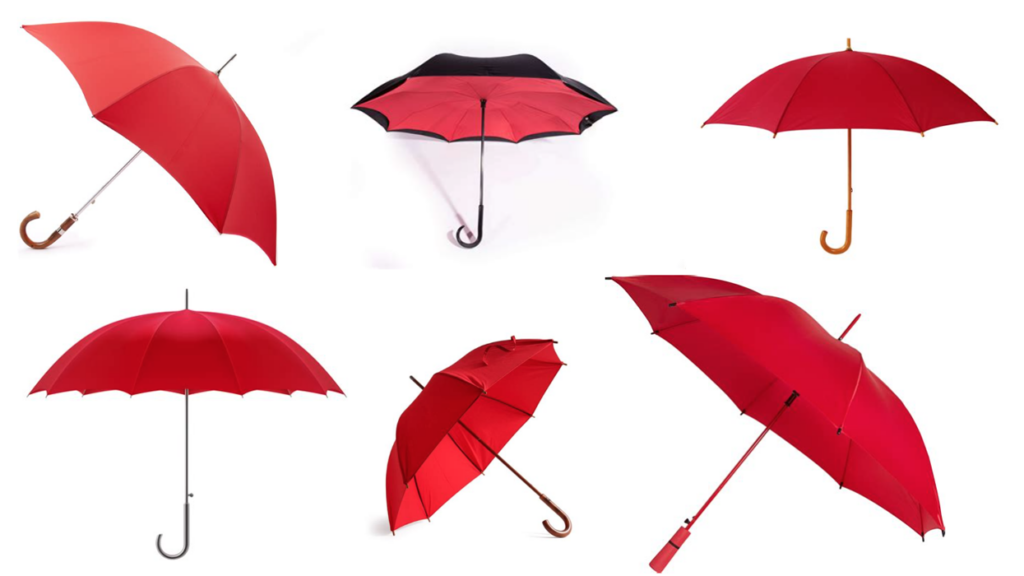
Film Programme 4: Space
Guy Sherwin Thomas Köner Various Artists Takehisa Kosugi
A programme looking at landscape, filmic or architectural spaces and at how the fixed stare of a camera frame only captures so much reality; here we focus on how filmmakers structure our relationship with that reality and at how they relate it to or interpret it through sound.













